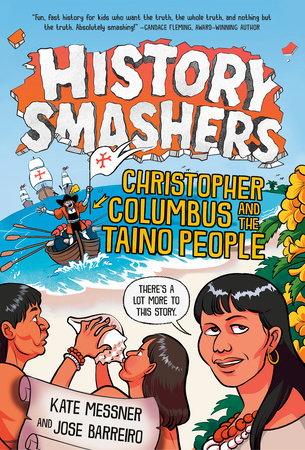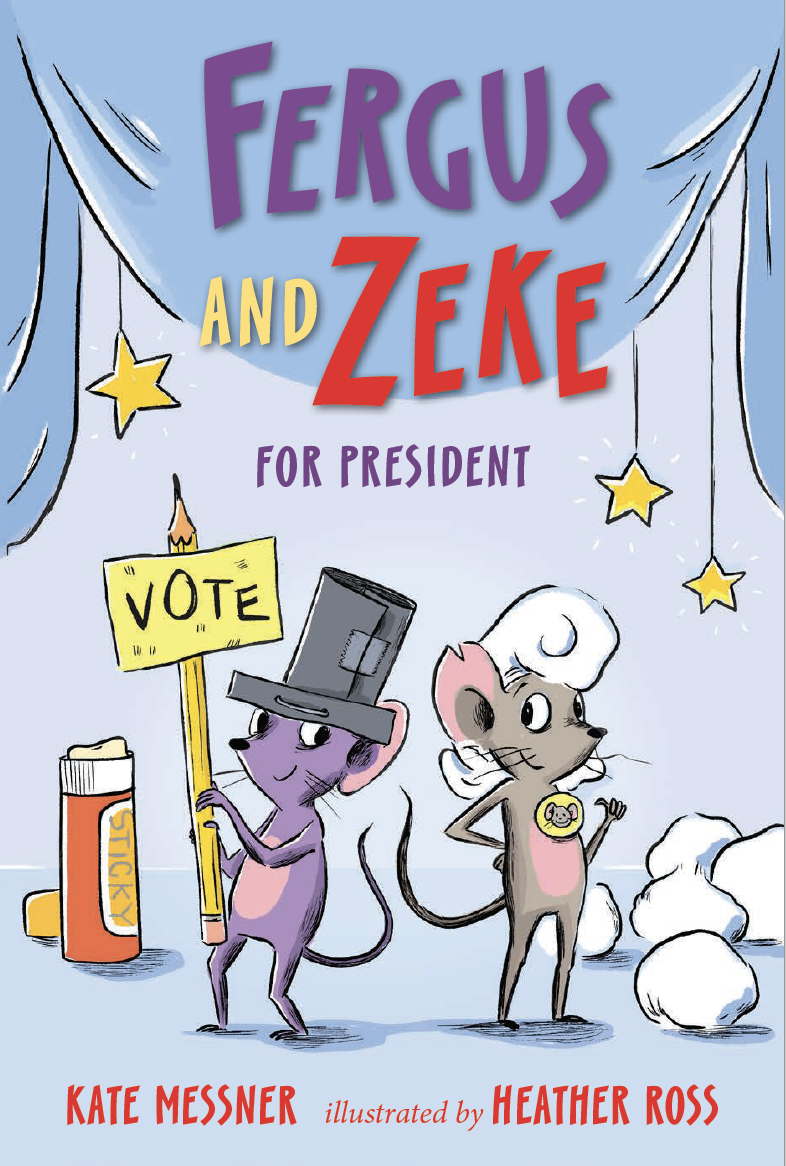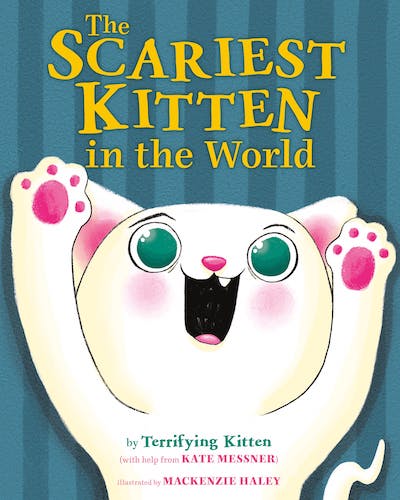This is the second in a series of posts about the world-building process I’m revisiting as I work on edits for my 2012 dystopian novel EYE OF THE STORM. Part one of my dystopian world building worksheet– with an introduction to the concept of world building — is here.
Even though my editorial letter for EOTS arrived a week ago, I haven’t touched the manuscript yet. Instead, I’ve been writing answers to the questions on this world building worksheet I created to get myself thinking in the right direction for this revision. Here are some more of the questions that I included:
What are the non-negotiable rules of this world? Are there any exceptions?
What laws does society impose? What happens to people who break them?
What rules or laws does the main character break or challenge? Why? What are the consequences?
What kind of government is in place? Consider local & national levels as well as international cooperation. How does government impact citizens’ everyday lives?
What official document is in place to define that government? If it is a future version of a current document (i.e.Constitution), how has it changed? What amendments have been added?
What rights do people have? What rights are they denied, and why?
What are this society’s most closely held values?
It’s interesting to note that when I created this worksheet, I was pretty sure some of the questions had nothing whatsoever to do with my novel. I answered them anyway, and it was actually one of those questions that led me to one of my best ideas for the revision. It’s not a huge change, but it’s a tiny detail that fits perfectly and resolves an issue my editor had raised. Had I not journaled about that "irrelevant" question, I doubt that idea would have surfaced.Tomorrow, I’m printing out my completed worksheet document with major breakthroughs and ideas highlighted, and it will be time to get back to the manuscript.
I’ll share another set of questions soon — the bunch that deals with diversity within the society.




